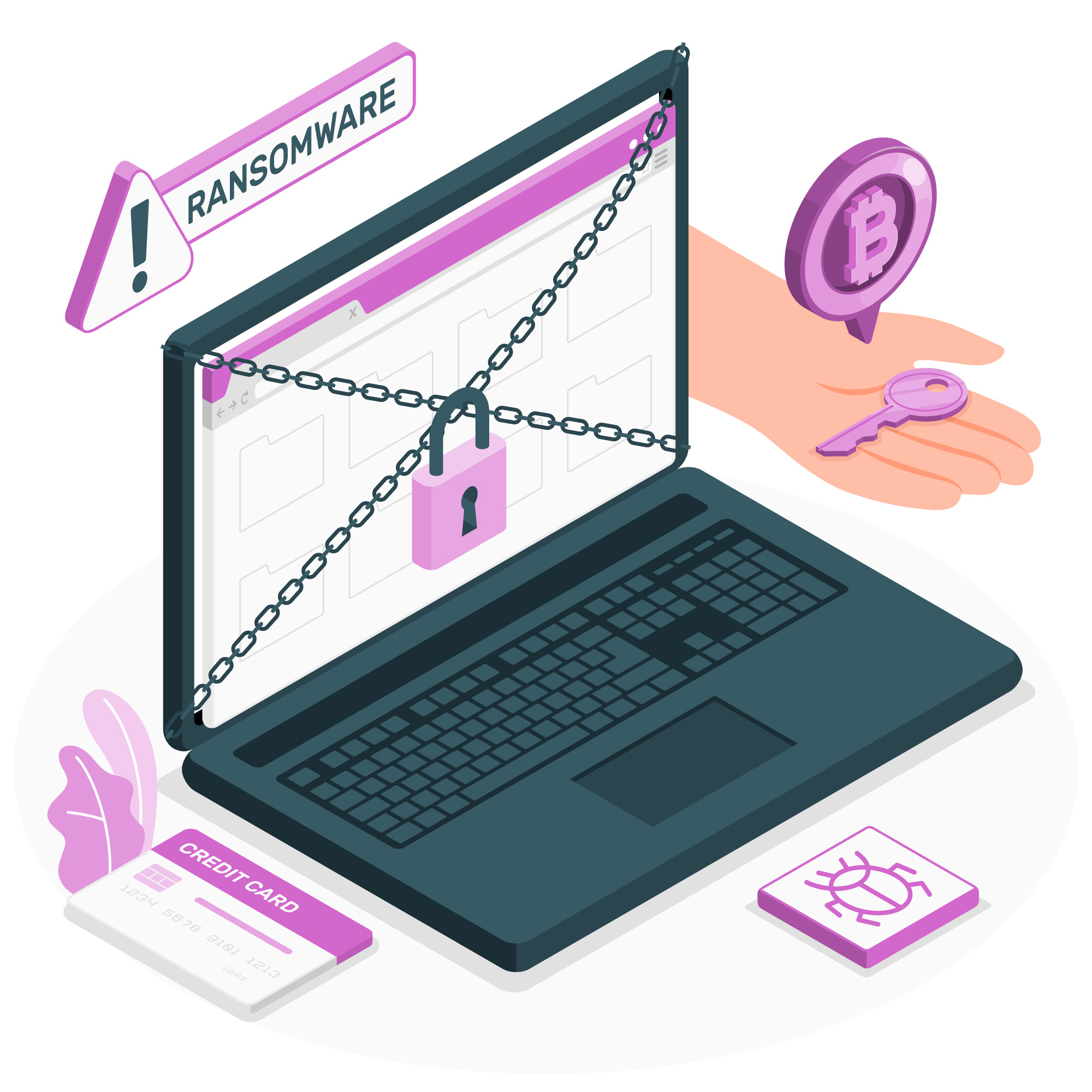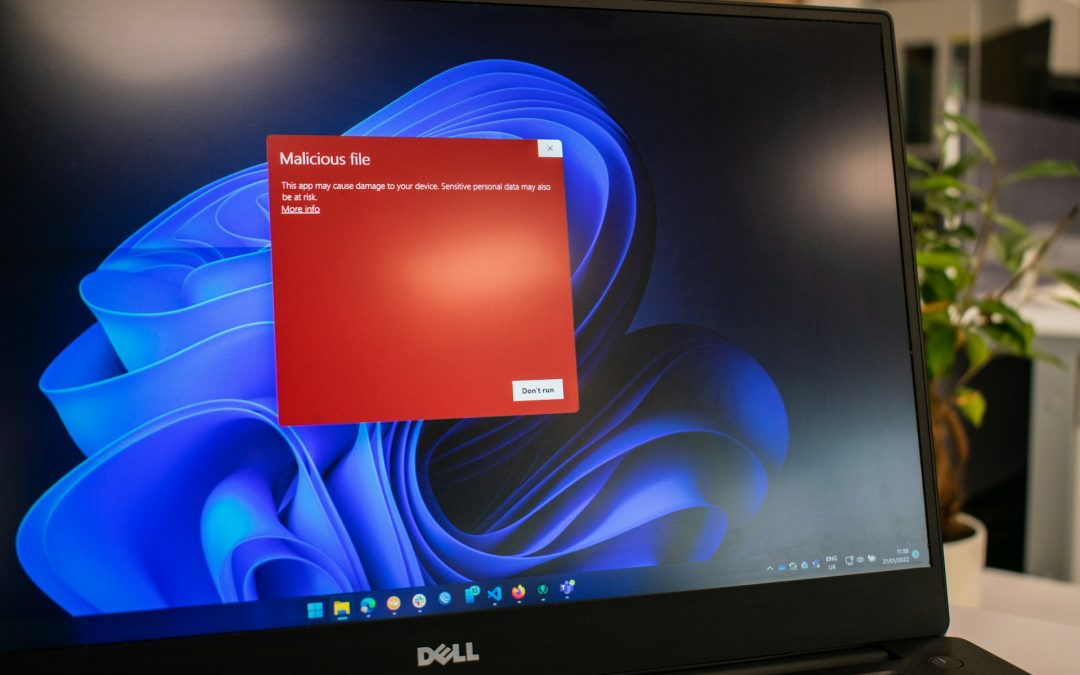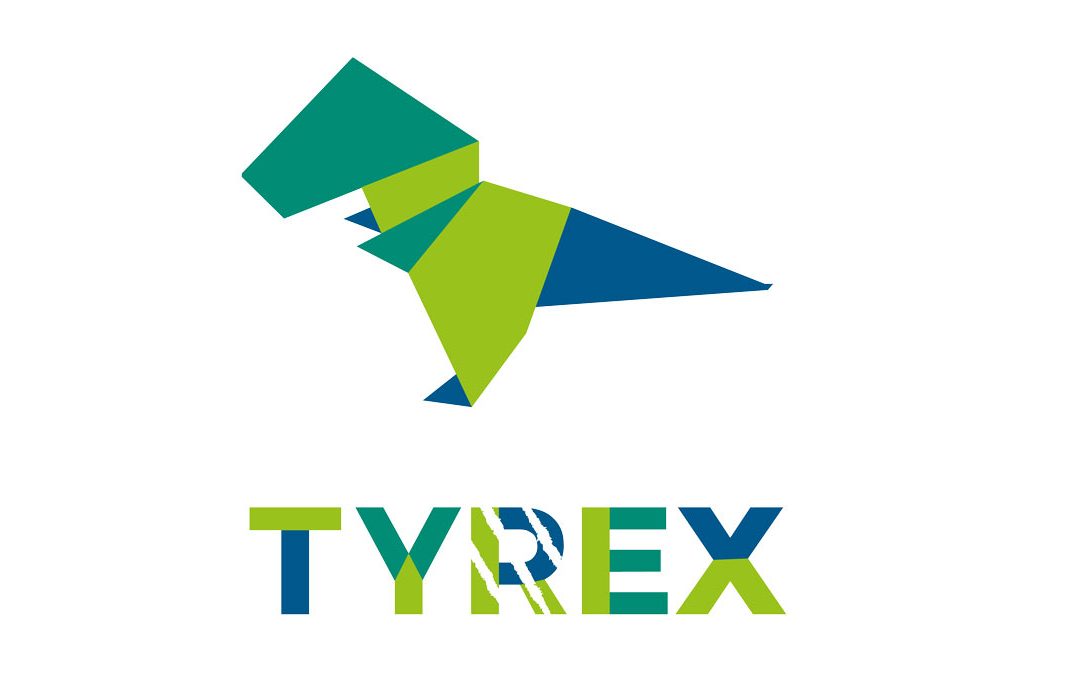59% of French companies say they will have been the victim of a ransomware attack in 2023. This figure shows just how much of a threat ransomware represents for organizations. Faced with this cybersecurity challenge, how can you put measures in place to guard against ransomware? TYREX gives you some advice.
First of all, what is ransomware?
Ransomware is one of the main types of malware. Ransomware is malware that blocks access to a computer or files by encrypting them, demanding payment of a ransom to restore access. Infection can occur in a number of ways:
- opening a malicious attachment,
- clicking on a fraudulent link in an e-mail,
- using a USB flash drive, etc.
Cybercriminals often exploit known security holes to infiltrate victims’ systems. And ransomware can be very costly. When they attack, hackers demand an average ransom of over $4 million.
What are the essential preventive measures against ransomware?
In the face of these existing and emerging threats, there are several good cybersecurity practices to put in place. These include:
- Regular updates: Make sure all operating systems and software are regularly updated with the latest security patches. Updates plug vulnerabilities that ransomware could exploit.
- Robust security solutions: Install and keep up-to-date effective antivirus software and firewalls. These tools detect and block potential threats before they damage the system.
- Employee awareness: Train staff in good cybersecurity practices, including how to recognize phishing attempts and the importance of not opening attachments or links from unverified sources.
- Regular backups: Make frequent backups of critical data and store them offline or on media not connected to the main network. This ensures that data can be restored in the event of an attack.
- Install a USB decontamination station: USB devices are a common route of infection for ransomware. Devices such as USB sticks or external hard drives can introduce malware into the corporate network if they are not properly controlled. To mitigate this risk, the installation of USB decontamination stations, also known as “white stations”, is highly recommended.
Good to know: At TYREX, our white stations adapt to your work environment. They are compatible with fixed workstations or nomadic use, to protect you at all times.
What to do in the event of ransomware infection?
If, despite preventive measures, a company falls victim to ransomware, it’s important to know how to react. Here are a few tips:
- Isolate damaged files or networks immediately: Disconnect infected systems from the network to prevent the malware from spreading.
- Don’t pay the ransom: Paying offers no guarantee of data recovery and encourages cybercriminals to continue their activities.
- File a complaint: Report the incident to the appropriate authorities, such as the police or gendarmerie, to help in the fight against cybercrime.
- Keep evidence: Keep copies of ransomware messages, infected files and system logs to facilitate subsequent investigations.
- Identify the origin of the attack: Analyze how the infection occurred to correct security flaws and prevent future attacks.
- Get help: Call in cybersecurity experts to assess the extent of the infection, restore systems and reinforce security measures.
Outsource your cybersecurity management to specialized professionals
Outsourced cyber management means handing over responsibility for your IT systems and network infrastructure to an expert service provider. This centralized solution simplifies IT management while strengthening the protection of sensitive data.
As a subsidiary of the RAS Group, TYREX works closely with ARMADA Infogérance to offer comprehensive solutions: state-of-the-art antivirus, VPN, secure servers, SOC and various levels of protection. These services ensure both operational continuity and the security of your company’s data.













